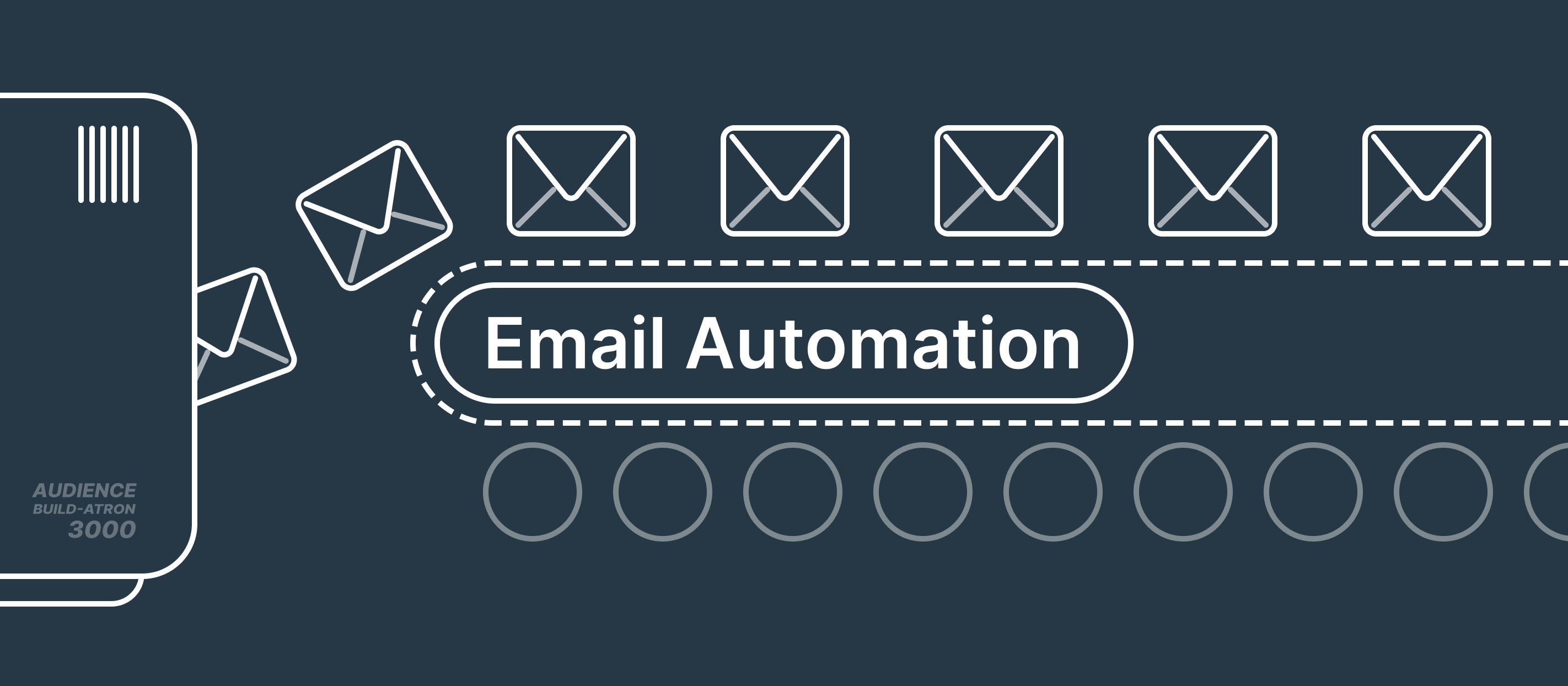Email marketing remains one of the most effective ways to engage, convert, and retain users. But running campaigns manually? That’s a productivity killer.
Whether you're a solo founder, a startup marketer, or running campaigns for an enterprise brand—these top 5 email marketing platforms can automate, personalize, and scale your communication like a pro.
1. **Mailchimp** – Best All-Rounder for Beginners and Small Teams
Mailchimp has been a household name in email marketing for a reason—it’s simple, powerful, and packed with features for growing businesses.
Key Features:
- Drag-and-drop email builder
- Smart segmentation and tagging
- A/B testing and pre-send analytics
- Basic CRM and automation workflows
Best For: Startups, freelancers, ecommerce brands just getting started.
💡 Pro Tip: Use their Customer Journey Builder to send hyper-personalized emails based on behavior triggers.
2. **HubSpot** – Best for CRM-Driven Campaigns
HubSpot isn’t just an email tool—it’s a full-blown CRM and marketing automation suite. If you want to run lifecycle marketing across email, SMS, web, and more—this is your go-to.
Key Features:
- Native CRM with deep segmentation
- Personalized emails with smart tokens
- Powerful analytics dashboard
- Integrations with sales pipelines and chatbots
Best For: B2B companies, SaaS businesses, and teams using full-funnel inbound marketing.
🧠 Insider Tip: HubSpot's lead scoring + email automation combo can seriously boost your conversion rates.
3. **Klaviyo** – Best for Ecommerce Email + SMS
If you’re running a Shopify, WooCommerce, or BigCommerce store, Klaviyo is made for you. It's the #1 choice for ecommerce brands that want to increase LTV through retention marketing.
Key Features:
- Pre-built ecommerce flows (cart abandonment, win-back, etc.)
- Advanced segmentation by purchase behavior
- Native SMS campaigns
- Predictive analytics like expected CLV
Best For: DTC brands, ecommerce stores, and subscription box businesses.
📦 Pro Tip: Leverage dynamic blocks in Klaviyo to show personalized product recommendations inside emails.
4. **ConvertKit** – Best for Creators and Newsletters
ConvertKit is purpose-built for creators—think bloggers, YouTubers, and solo newsletter authors. It strips away the complexity and gives you just what you need.
Key Features:
- Intuitive visual automation builder
- Creator-focused landing pages
- Tag-based audience segmentation
- Broadcast and evergreen sequences
Best For: Indie creators, educators, newsletter writers.
✍️ Insider Tip: Use ConvertKit’s “Resend to unopens” feature to increase open rates with minimal effort.
5. **ActiveCampaign** – Best for Advanced Automation
If you’re serious about automation, ActiveCampaign is a beast. It's often considered the middle ground between affordability and enterprise-level power.
Key Features:
- Advanced visual workflows
- Conditional content blocks
- Multi-channel automation (email, site, SMS)
- Split testing in automation sequences
Best For: Growth teams, mid-size businesses, advanced email marketers.
⚙️ Pro Tip: Combine lead scoring + web tracking to trigger ultra-relevant nurture sequences.
Bonus Mentions
- Sendinblue (Brevo): Affordable for transactional and marketing emails.
- MailerLite: Great value and simplicity for creators on a budget.
- Customer.io: Built for developers and product-led teams who want to trigger emails from in-app behavior.
Final Thoughts
Choosing the right email marketing platform depends on:
- Your business model (B2B vs. B2C vs. ecommerce)
- Your growth goals (engagement vs. automation vs. retention)
- Your team size and technical expertise
Investing in the right tool saves you hours every week—and earns back in opens, clicks, and conversions.
TL;DR – Best Email Marketing Platforms in 2025
| Platform | Best For |
|---|---|
| Mailchimp | Beginners and small businesses |
| HubSpot | CRM-driven full-funnel teams |
| Klaviyo | Ecommerce personalization |
| ConvertKit | Newsletters and solo creators |
| ActiveCampaign | Advanced automations & SMBs |



